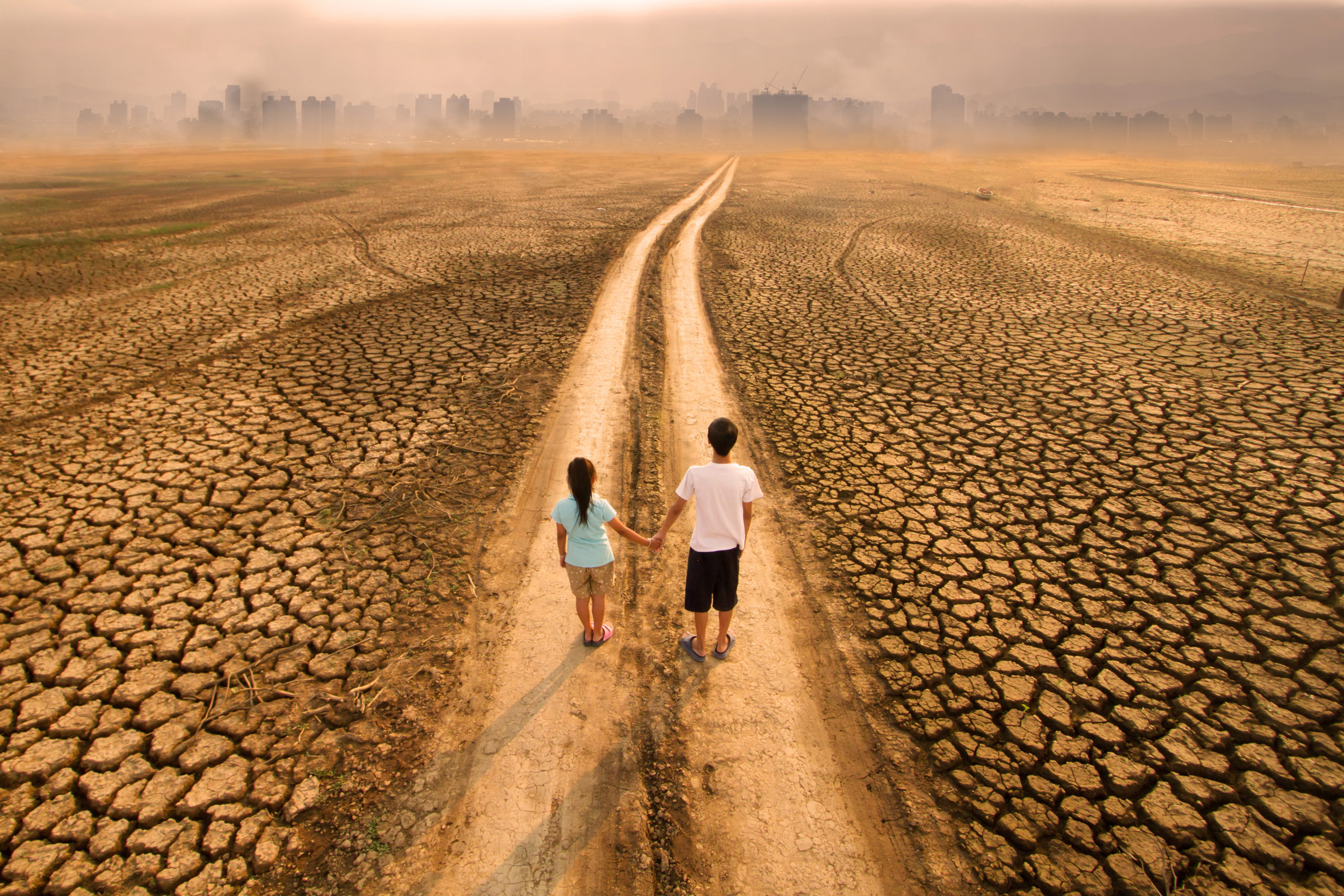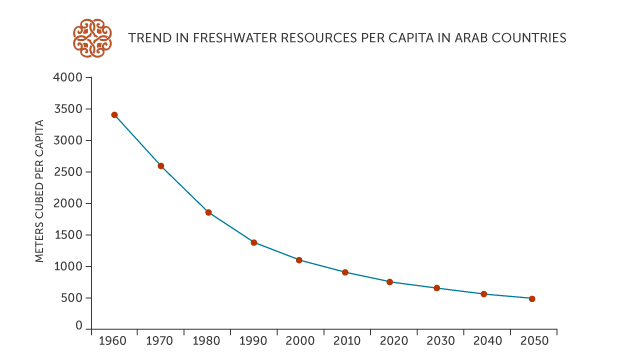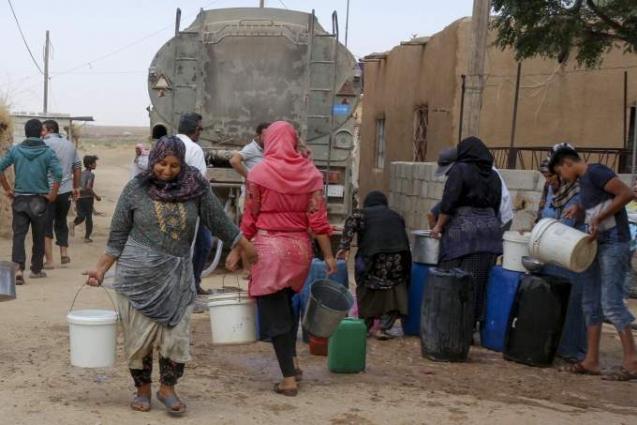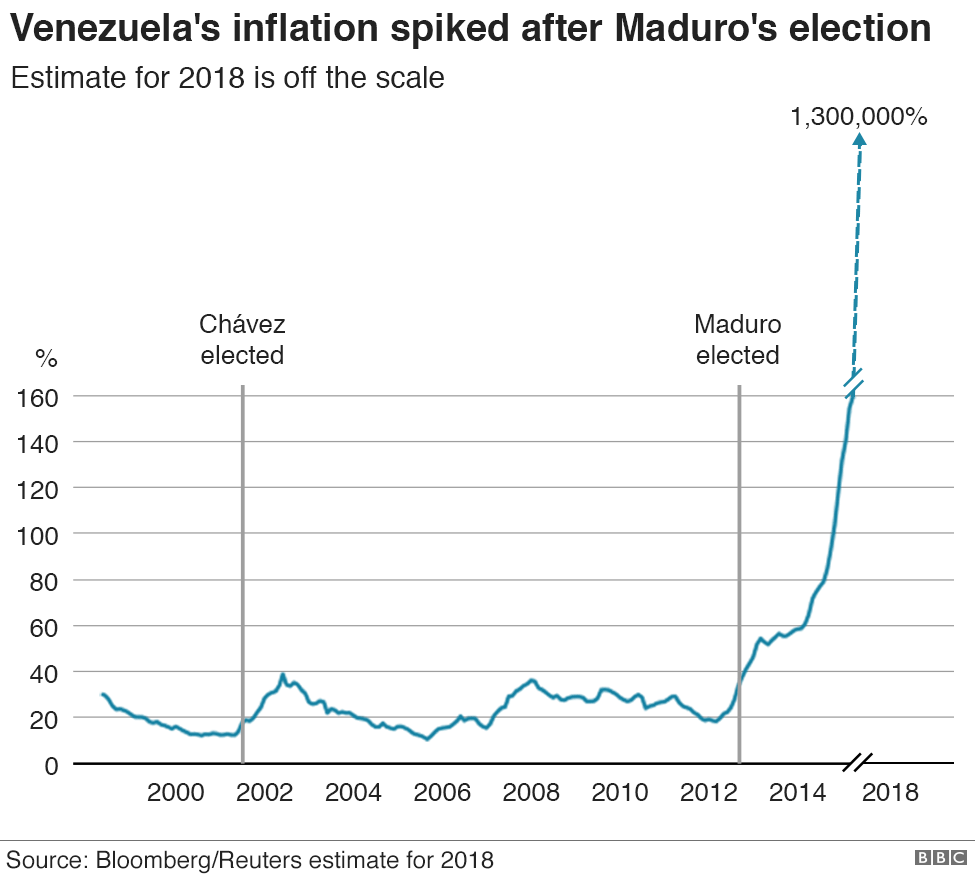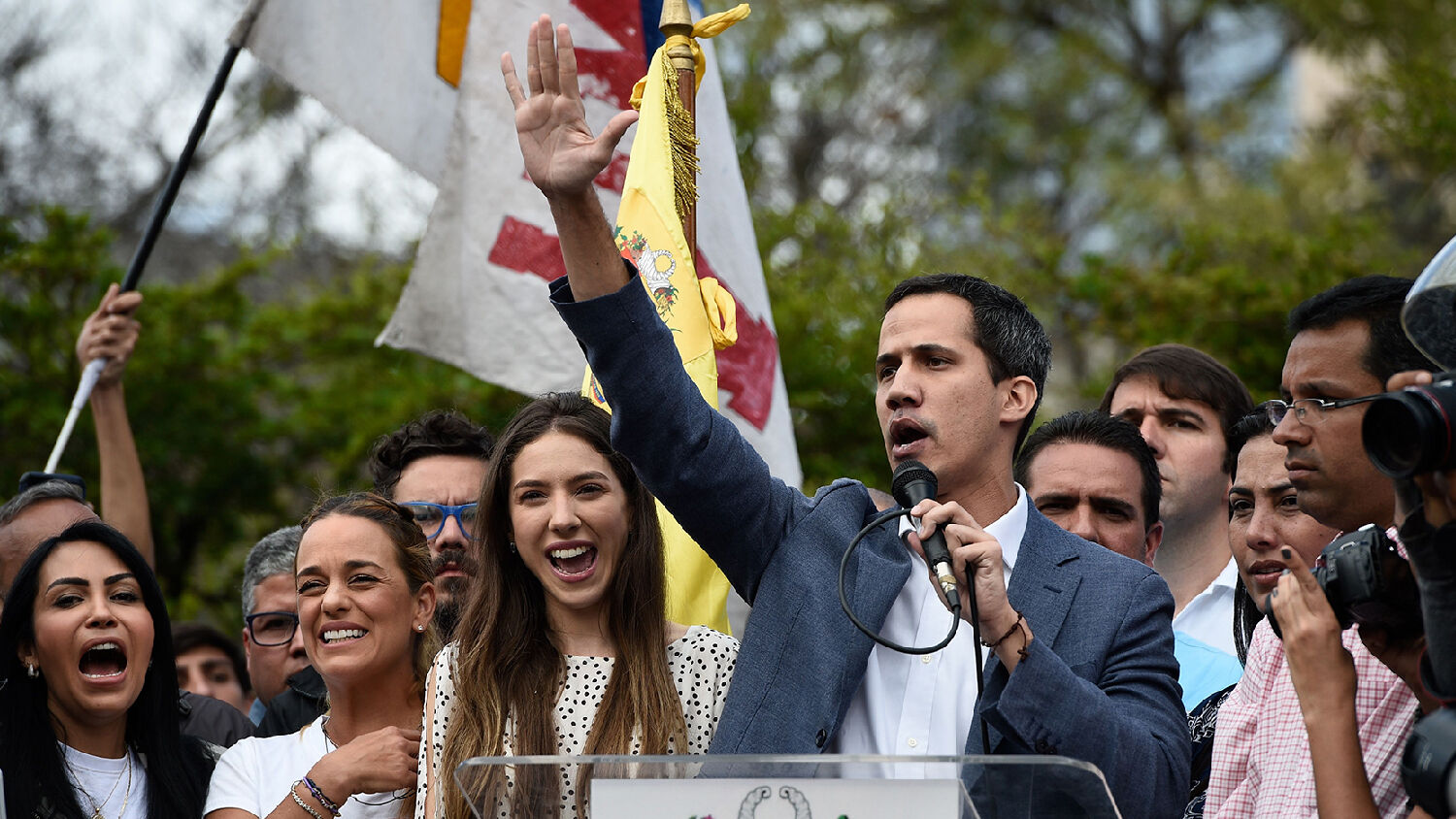Olivia D
The Silk Road was a web of trade routes connecting China and the Far East with the
Middle East and Europe. The network spread culture and trade across the world with China as its center and eventually died after succumbing to economic pressure from the Ottoman Empire.
Five hundred years later, the “rise of China” began. Today, China is considered an authoritarian state with significant power on the world stage, which it only hopes to expand. One way China is doing this is through a “new silk road.”
Mark, Joshua. “Silk Road.” Ancient History Encyclopedia, 16 Oct. 2020, www.ancient.eu/Silk_Road.
In 2013, the president of China, Xi Jinping, mentioned in a speech in Kazakhstan that he wanted to build an economic belt along the former routes of the Silk Road. The initiative would essentially build roads, bridges, ports, and other infrastructure in other countries financed by the Chinese government. The plan is two pronged: a “silk road” on land and a maritime “silk road.”
The plan is called the Belt and Road Initiative and has already attracted the attention of over 60 countries representing ⅔ of the world population. One of the largest projects in the initiative includes a $60 billion investment in a China-Pakistan economic corridor connecting China to the Gwadar port on the Arabian Sea. Morgan Stanley predicts this project could cost China roughly $1.2-1.3 trillion by 2027.
What does China hope to achieve from this major investment? The answer is unsettling for countries aiming to promote democracy abroad. China has both geopolitical and economic motivations for this project. Slower economic growth in recent years and the “pivot to Asia,” which aimed to expand U.S. economic relations with countries except China, have pressured Xi Jingping to look for new markets elsewhere. China has since financed the creation of ports along the Indian Ocean in Djibouti, Pakistan, and Sri Lanka. Experts believe China intends to create ports in Bangladesh, Myanmar, Cambodia, and Hong Kong as well. These “ports” would in reality serve as naval bases created to protect Chinese interests in the Indian Ocean.
Vox. “China’s Trillion Dollar Plan to Dominate Global Trade.” YouTube, uploaded by VOX, 5 Apr. 2018, www.youtube.com/watch?v=EvXROXiIpvQ
How has China been able to finance this? China is a unitary state where all of the power lies in the hands of the Chinese Communist Party led by Xi Jingping. Xi is able to act with significant authority due to China’s high capacity and autonomy. China’s rise since the 1970s has turned it into an economic powerhouse with a high capacity to implement massive infrastructure projects such as the Belt and Road Initiative. China’s political system is authoritarian which provides it significant autonomy as political leaders are not very worried about being reelected based on public opinion of their actions.
How does this project compare to other countries? No other country in the world is doing anything similar to China. Other countries have undergone massive infrastructure projects, notably India and The United Arab Emirates. However, none have gone so far as to use infrastructure as a tenet of their foreign and economic policy. Some comparisons have been made between the Marshall Plan and the Belt Road Initiative. The Marshall plan was a policy of the United States which provided relief to European and Asian countries after the destruction caused by World War II. The policy lended money to countries in need and in return, American ideals were promoted rather than the communist values of the Soviet Union. Similarly, China is making relations with countries previously off its radar: Kazakhstan, Sri Lanka, Djibouti, Kenya, and more. These relationships give China easy access to spread its authoritarian principles to other countries, especially in the wake of decreased investment in the area from democratic countries such as the United States. The Belt Road Initiative is different from the Marshall Plan in two key areas. First, the Belt Road Initiative is limitless while the Marshall Plan was only intended to help rebuild Europe and Asia in the post-war period. Secondly, the Belt Road Initiative is on a much larger scale than the Marshall plan as it has significantly more funding.

“Belt and Road Initiative.” World Bank, 2018, www.worldbank.org/en/topic/regional-integration/brief/belt-and-road-initiative.
What does this mean in the global context? For countries trying to uphold democracy around the world, this project of the Chinese government poses a significant threat. China is making relationships with countries that have been historically less important in western foreign and economic policy. An alliance of authoritarian countries that have significant economic power over the United States and other democracies would not only be bad for democracies across the world, but would also weaken the power of those fighting for civil liberties inside China such as Hong Kongers. Some ways to rival this project would be for the United States or international organizations such as the E.U. to prioritize policy with African countries which seem to be a specific target of the Belt and Road initiative. Some experts say the United States should strengthen trans-atlantic cooperation to take a stand against China’s expanding authoritarianism.
Although covered by a benign banner of infrastructure policy, the Chinese Road and Belt Initiative has proven to be much more than a practical program to improve conditions in countries outside of China. Instead, the Belt and Road Initiative has the potential to create a dangerous power dynamic that rivals the influence of democracy across the world and may make authoritarianism the prominent form of government.
Refrences
Chatzky, Andrew, and James McBride. “China’s Massive Belt and Road Initiative.” Council on
Foreign Relations, 21 Feb. 2019, www.cfr.org/backgrounder/chinas-massive-belt-and-road-initiative.
History.com Editors. “Silk Road.” HISTORY, 26 Sept. 2019, www.history.com/topics/ancient-middle-east/silk-road.
“LibGuides: Federal, Unitary & Confederate Government Systems: Home.” Skylinecollege.Edu, Skyline College, 2020, guides.skylinecollege.edu/c.php?g=279117
Mills, Fred. “Top 5 Massive Infrastructure Projects.” The B1M,
2017, www.theb1m.com/video/top-5-massive-infrastructure-projects.
NowThis World. “Why Is China Investing Billions in Africa? | NowThis World.” YouTube, uploaded by Now This World, 16 Dec. 2018, www.youtube.com/watch?v=1HwxDxrKzMk.
Rhodes, Ben. “Missing America” from Crooked Media, 25 August 2020, https://crooked.com/podcast/3-authoritarianism/
Shen, Simon, and Wilson Chan. “A Comparative Study of the Belt and Road Initiative and the Marshall Plan.” Palgrave Communications, vol. 4, no. 1, 2018. Crossref, doi:10.1057/s41599-018-0077-9.
Vox. “China’s Trillion Dollar Plan to Dominate Global Trade.” YouTube, uploaded by VOX, 5 Apr. 2018, www.youtube.com/watch?v=EvXROXiIpvQ.





